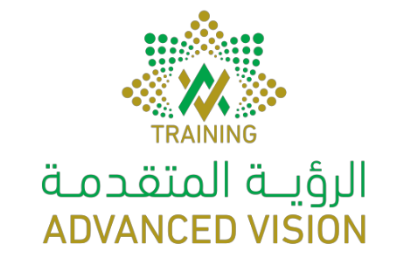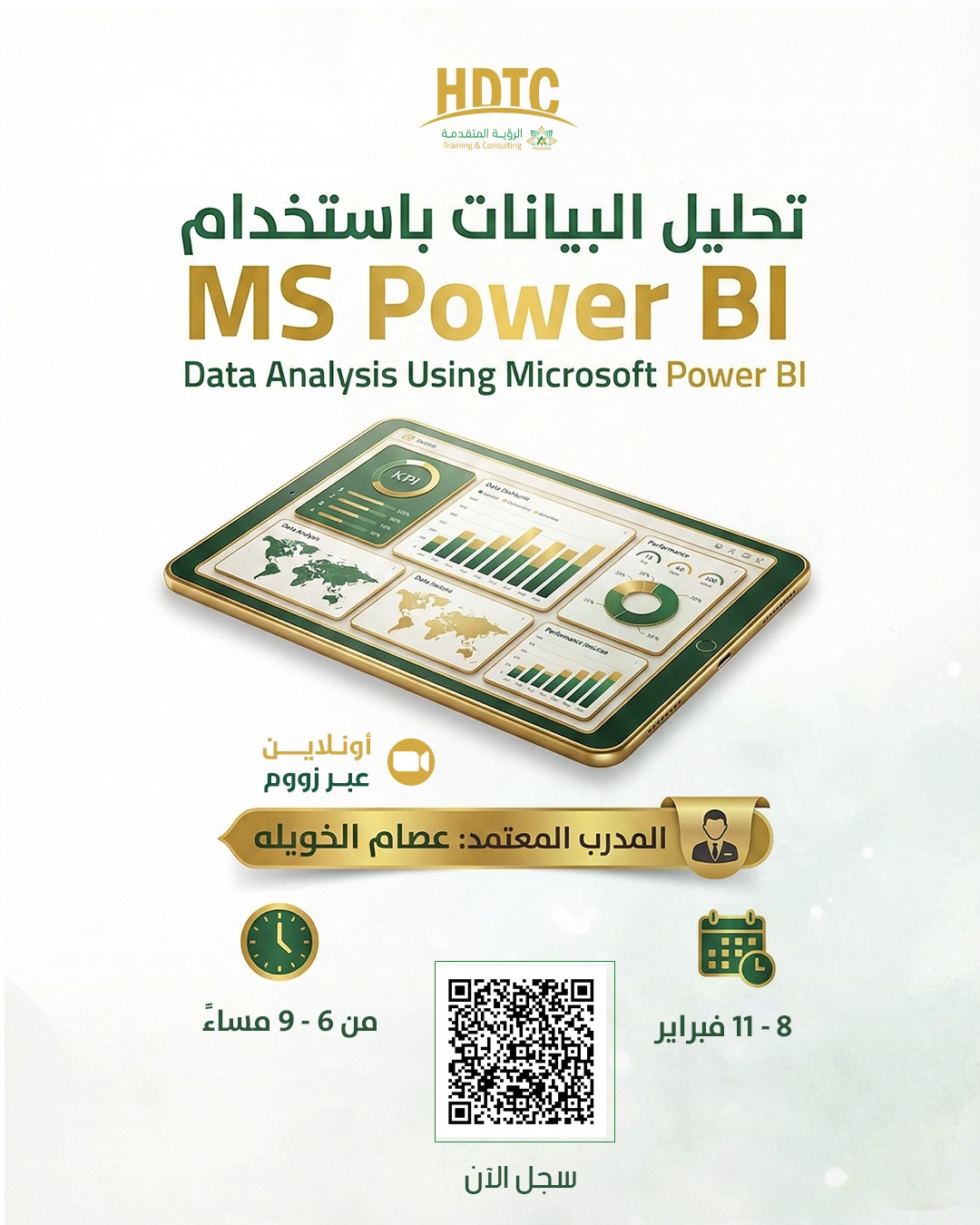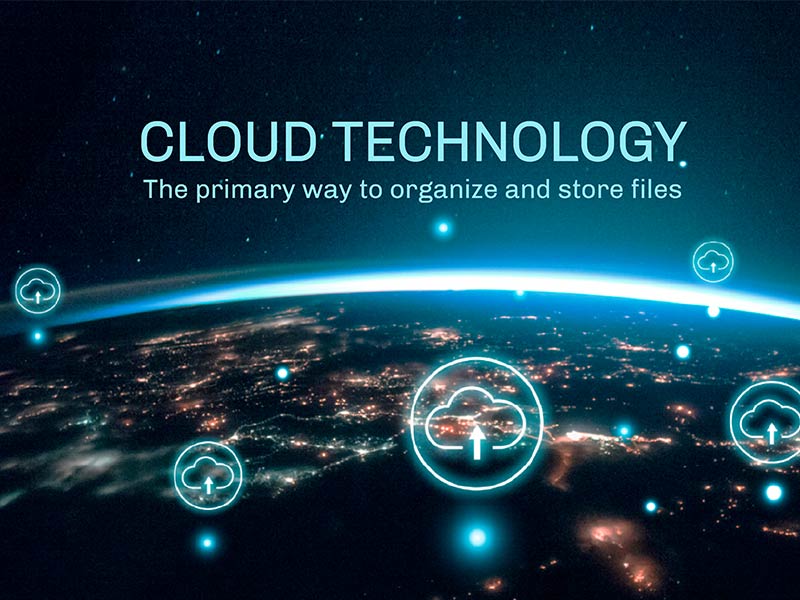:
1716
Microsoft Certified: Azure Fundamentals
As a candidate for this certification, you’re a technology professional who wants to demonstrate foundational knowledge of cloud concepts in general and Microsoft Azure in particular. This certification is a common starting point in a journey towards a career in Azure.
Course Info
Earning this certification will validate your proficiency in:
- Preparing the data
- Modelling the data
- Visualizing the data
- Analysing the data
- Deploying and maintaining deliverables
- Microsoft Azure Fundamentals: Describe cloud concepts
- Microsoft Azure Fundamentals: Describe Azure architecture and services
- Microsoft Azure Fundamentals: Describe Azure management and governance
- Strong Foundation: This course will lay a robust foundation for understanding cloud concepts and Microsoft Azure services, preparing you for more advanced courses in the future.
- Detailed Understanding of Azure Services: You'll gain a comprehensive understanding of core Azure services, such as Azure Compute, Azure Storage, and Azure Networking, among others.
- Improved Data Management Skills:The course will enhance your skills in managing and implementing databases in Azure, further enhancing your portfolio.
- Security Best Practices: You'll learn how to implement Azure's security features, ensuring the data and resources in your care are protected.
- Cost Management and Service Level Agreements (SLAs):The course will teach you how to manage costs effectively in Azure and introduce you to Azure's service level agreements, which are crucial for maintaining business continuity.
- More Employment Opportunities: The cloud computing sector is growing exponentially. With your new Azure skillset, you'll become a hot commodity in the job market.
- Increased Earnings: Your Azure knowledge will better equip you to negotiate higher salaries and benefits.
- Career Advancement:This course can be a stepping stone to higher roles, such as Azure Architect or Azure DevOps Engineer.
- Those Looking to Build Their Power BI Knowledge
- Data Analysts
- Business Analysts
- Students Looking to Break into the Analytics Industry
You should have skills and experience working in an area of IT, such as:
- Infrastructure management
- Database management
- Software development
In a world where businesses are swiftly moving to the cloud, understanding Microsoft Azure fundamentals has become necessary, not a choice.
- Lack of Efficiency: Without a solid understanding of Azure's architecture and services, you may not be leveraging the platform's full potential, resulting in inefficient resource use and higher costs.
- Inability to Optimize:Microsoft Azure offers a range of optimization services. However, without knowledge of these services, you may be unable to optimize your applications for better performance and cost-effectiveness.
- Security Risks:One of the main concerns in the cloud is security. Not understanding Azure's security features can leave your data vulnerable to breaches.
- Limited Career Progression: With the increasing demand for cloud professionals, not having Azure fundamentals could limit job opportunities and career growth.
- Struggle with Cloud Migration: Without knowledge of Azure, migrating applications and data to the cloud can become overwhelming.
- Difficulty in Scalability: Azure provides excellent scalability options. If you're unfamiliar with these, you may struggle to scale your applications efficiently per your business needs.
- Data Analyst
- Business User.
- Languages:English, Japanese Chinese (Simplified), Korean, German, French Spanish, Portuguese (Brazil), Arabic (Saudi Arabia), Russian Chinese (Traditional), Italian, Indonesian (Indonesia)
- Questions: Most Microsoft Certification exams typically contain between 40-60 questions;
- Time: 45 - 65 minutes
Microsoft Certification exam retake policy for role-based, specialty, and fundamentals exams
- If you don’t pass an exam the first time, you must wait 24 hours before retaking it.
- A 14-day waiting period is imposed between all subsequent attempts (up to 5).
- You may not take a given exam more than five (5) times within 12 months from the first attempt. If you failed the exam 5 times, you’ll be eligible to retake it 12 months from the date of your first attempt.
- You cannot retake an exam you’ve passed unless your Certification has expired.
- You must pay to retake the exam (if applicable.)










